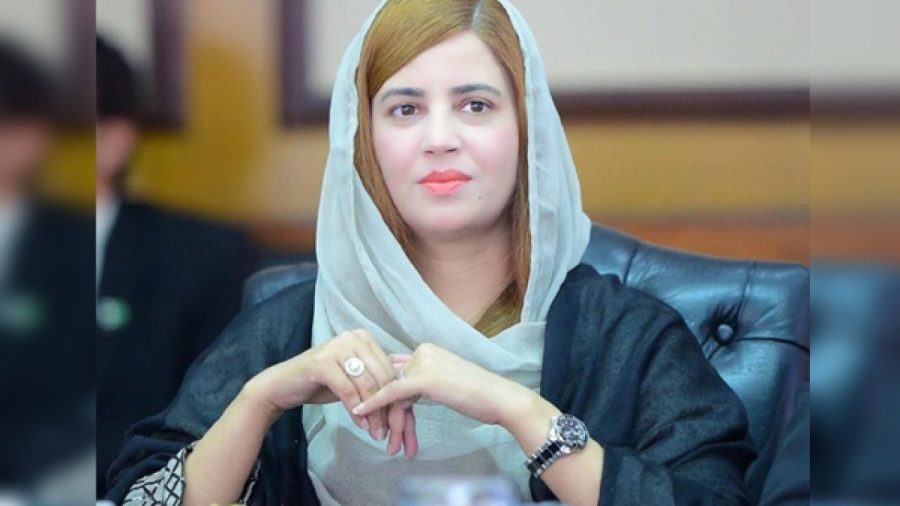Zartaj calls for reducing gap between climate change policies, gender issues
Zubair Qureshi
Minister of State for Climate Change Zartaj Gul has stressed the need for reducing the gap between climate change policies and gender issues.
She said this while speaking at the launch of a study titled: ‘Climate induced migration among women: stories from Muzaffargarh and Tharparkar districts, Pakistan.’
Sustainable Development Policy Institute (SDPI) has launched the report. “We need to acknowledge that the troubles that women face during the climate action are different from those that are faced by men, so the level of struggle to cope with climate issues between genders is different,” she maintained.
Commenting on the findings of the study, she said women empowerment was impossible without equipping them with education and financial independence, so there is an urgent need to include women in workforce and employment in addition to providing them access to school and agricultural trainings.
“Climate induced migration with a gender lens must be included in Pakistan’s climate change policy,” she said, adding that her ministry is working to achieve this objective.
She further said that the implementation of laws to protect women from gender-based violence should be ensured while working with law-enforcement agencies at provincial and district level.
Director Climate Action Network in South Asia (CANSA) Mr Sanjay Vashist emphasized that we must look at this climate induced migration from a regional and international perspective.
SDPI Executive Director Dr Abid Qaiyum Suleri highlighted that the study of climate induced migration through gender lens is paramount in our policy structures.
Raus Marija, a representative from International Centre for Migration Policy Development (ICMPD), while appreciating the importance of the study, said that we need to focus on migration and long-term effects of climate change as well as devising possible strategies and tools on climate migration.
Head of ICMPD Pakistan office, Ms Raana Rahim, opined that since the study has highlighted how the negative impact of climate change disproportionately affects the poorer and less educated fragments of society, particularly women, the response must also be gender responsive with taking these needs into consideration.










